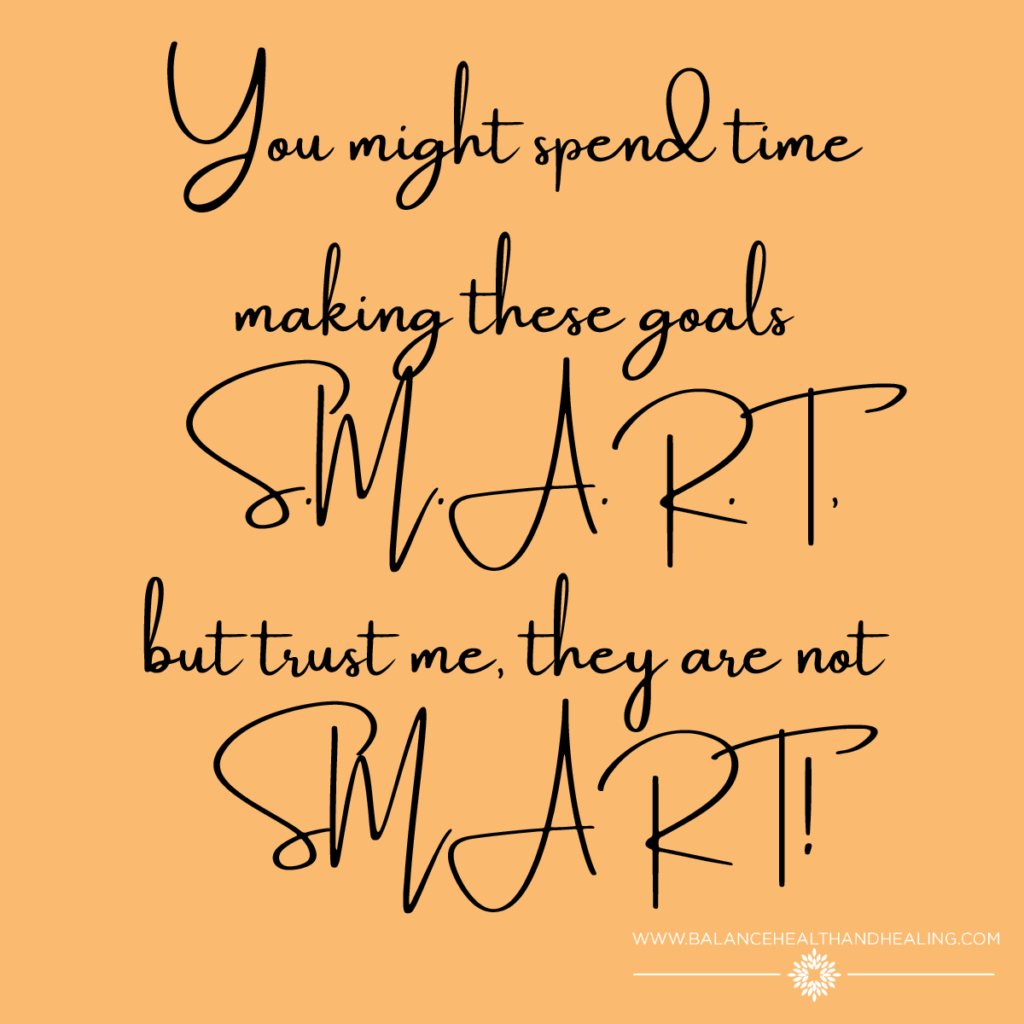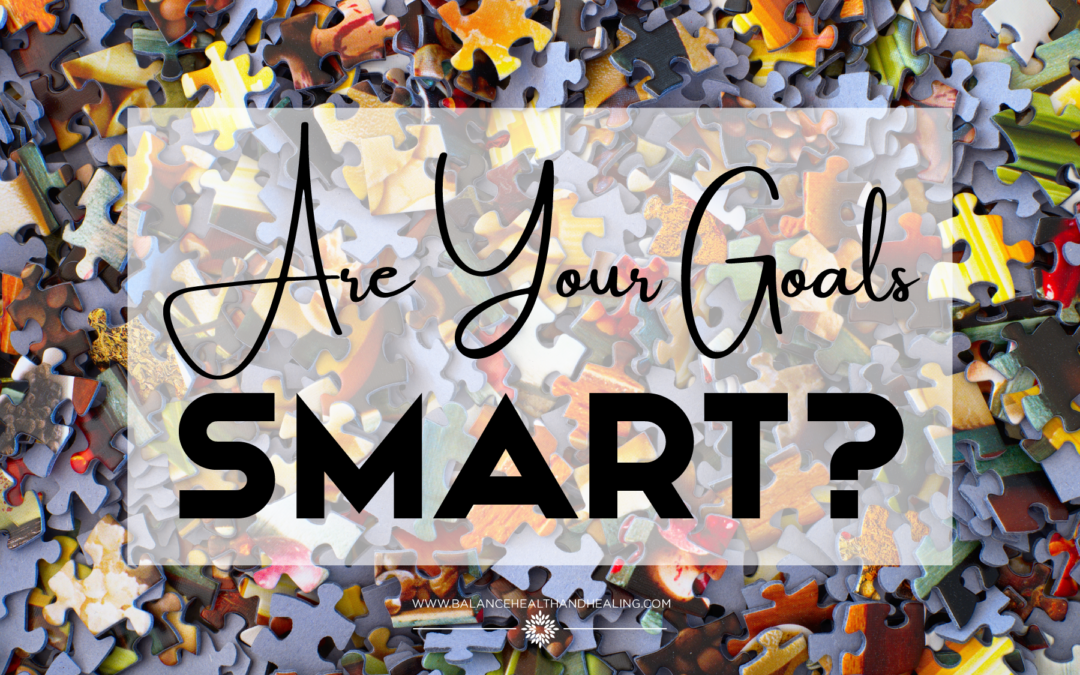S.M.A.R.T Goals
I’m sure you’ve heard of the acronym S.M.A.R.T when it comes to setting some really great goals. Let’s briefly go over it. Goals must be Specific, Measurable, Attainable, Relevant, and Time-Bound. So, for example, if you are setting the goal to complete more puzzles in the year of 2021, you will want your goal to be specific (how many puzzles will you complete? Which puzzles will you complete? What counts as complete? How big are these puzzles?), measurable (assign a numeric value to your goal – do you want to complete 10 puzzles during the year?), attainable (you likely will not have time to complete 365 puzzles this year, so let’s rethink that wild goal and make it something more achievable), relevant (to the bigger picture – what are you trying to achieve overall? Do you one day want to compete in puzzle competitions, or create your own puzzle?
If so, this is a great goal! If you want to spend more time hanging out with friends, maybe the puzzle goal isn’t so great), and time-bound (give your goal a deadline, or an expiration date, like completing 12 puzzles during the year 2021, or one puzzle a month, so you don’t just flounder and have to complete your goal at the last second, often resulting in an unmet goal). So, if we’re talking about puzzles, this would be the ideal way to frame your goal: “In the year of 2021, I will complete one puzzle a month for 12 months. I define complete as having ALL the pieces in the puzzle by the last day of the month. This will help me with my speed puzzle competition skills”. Technically, this is a very S.M.A.R.T goal.
SMART Goals
However, as you’ve heard this all before, I want to focus on SMART goals….not S.M.A.R.T goals. Your goal could be super S.M.A.R.T, but not SMART at all.
Confused yet?
Here’s what I mean – you could spend all the time in the world making your goal S.M.A.R.T, but it could be a really horrible goal. Or in the words of one of my favorite authors, Russ Harris, a “dead person’s goal” because no living person could ever achieve such a thing.
Examples of these horribly UNSMART goals could be
- Never get rejected
- Always be kind to people
- Never feel sad
- Change the way I look, and a plethora of other horrible goals.

Why are these horrible? Because you are a living, breathing human who has feelings and makes mistakes and has beauty in imperfection. You cannot control whether or not someone else chooses to reject you; in some circumstances, it is necessary to voice your opinion for the greater good, which could be perceived as unkind; you are going to feel sadness as it is part of the spectrum of human emotions and you’d only be avoiding a huge part of being alive and tricking yourself that you never feel sad; you don’t need to change the way you look to love yourself and have innate value as a human. Yet, these are the kinds of goals I hear, day in and day out. They set us up for failure and ultimately make us feel worse about ourselves when we can’t meet them. You might spend time making these goals S.M.A.R.T, but trust me, they are not SMART!
You want to hear what I think are SMART goals?
- Love myself more/show myself more kindness and acceptance
- Resist the urge to set goals like I usually do in an effort to further my perfectionism (set the goal to set no goals and explore more fully who you already are in your perfect imperfection)
- Find parts of my body that I love and learn how to show love to that part of my body
- Spend time engaging in self-care
- Set healthy boundaries in a relationship where I do not have boundaries.
To make these SMART goals S.M.A.R.T, goal number 4 could say “Make one hour a day my alone time where I can [insert whatever it is that makes you feel relaxed and happy for self-care]” or goal number 5 could say “Tell [insert name of individual] tomorrow that I will no longer be taking his calls at all hours of the night”. These are specific, measurable, attainable, relevant, and time bound. This is now a SMART S.M.A.R.T goal!
Are your goals SMART & S.M.A.R.T?
Take some time to be mindful of the goals you find yourself setting. Are they SMART as well as S.M.A.R.T? Are you using goals to avoid exploring who you already are? It’s sometimes easier to set goals and daydream about changing than it is to explore the depths of who we already are in our perfectly imperfect state. Ultimately, this makes us avoid contact with that common humanity deep inside us we all share, called being imperfect. If choosing to set no goals makes you uncomfortable, explore why that might be – are you avoiding seeing what’s already there inside you because you can’t accept what you find?
So, when you’re hearing all these goal setting sentiments this season, ask yourself, is this goal S.M.A.R.T and SMART? If you need to set goals, set goals that help you focus on who you already are, and help you to love yourself more. Happy New Year!

